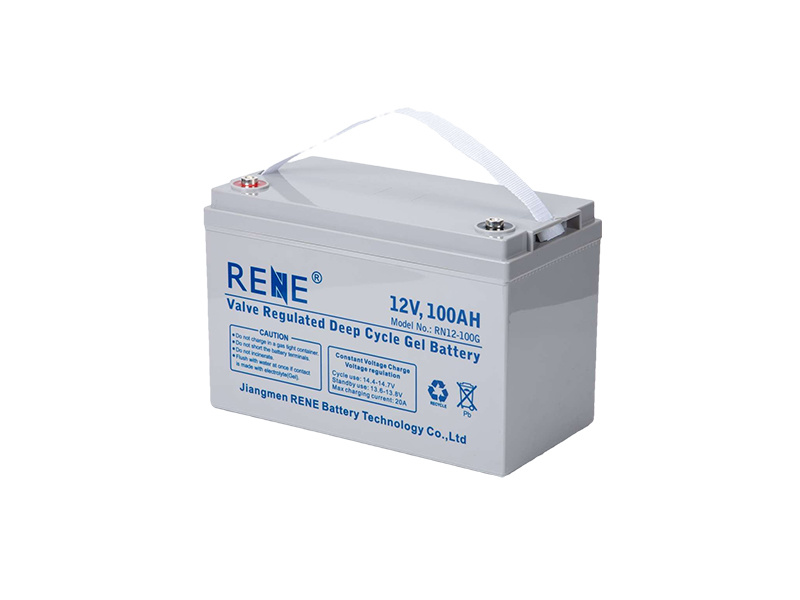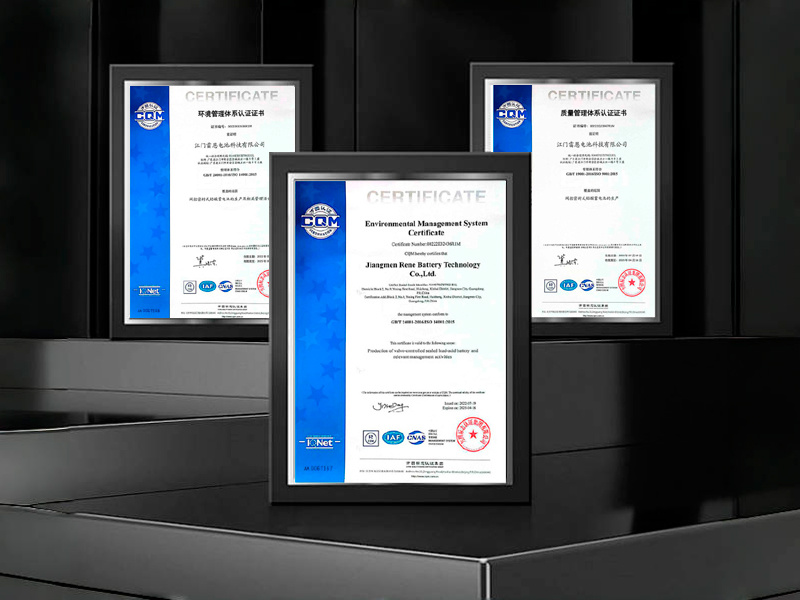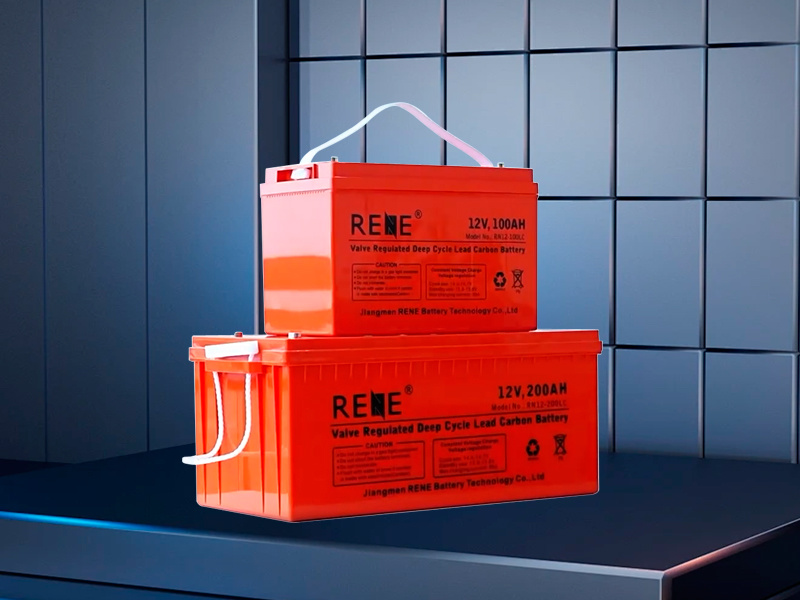Jiangmen Rene Battery Technology Co., Ltd.
Understanding Lithium Deep Cycle Batteries Supply: Key Insights for the Automotive Industry
2025-07-08
Lithium deep cycle batteries have emerged as a cornerstone in the automotive industry, especially as the demand for electric vehicles (EVs) and renewable energy solutions continues to grow. These batteries are specifically designed to provide a steady amount of power over an extended period, making them ideal for applications that require sustained energy output. Understanding the supply chain of

Lithium deep cycle batteries have emerged as a cornerstone in the automotive industry, especially as the demand for electric vehicles (EVs) and renewable energy solutions continues to grow. These batteries are specifically designed to provide a steady amount of power over an extended period, making them ideal for applications that require sustained energy output. Understanding the supply chain of lithium deep cycle batteries is crucial for businesses looking to integrate these components into their products.
One of the primary drivers of the lithium battery supply is the increasing adoption of electric vehicles. The shift toward sustainable transportation solutions has escalated the demand for lithium-ion batteries, which are lighter and more efficient than traditional lead-acid batteries. As automotive manufacturers strive to meet stringent emissions regulations, they are increasingly turning to lithium deep cycle batteries to enhance vehicle performance and reduce environmental impact.
However, the supply of lithium deep cycle batteries is influenced by a variety of factors. One significant aspect is the availability of raw materials. The production of lithium batteries relies on lithium, cobalt, and nickel, with lithium being the key ingredient. The concentration of lithium reserves in specific geographic regions poses challenges for supply continuity. Countries like Australia, Chile, and China hold substantial lithium deposits, and geopolitical factors can affect the availability and pricing of these critical materials.
Moreover, the production process of lithium deep cycle batteries involves complex manufacturing techniques that require sophisticated technology. As manufacturers scale up production to meet growing demand, supply chain disruptions can occur. Issues such as transportation delays, factory shutdowns, and trade restrictions can impact the timely availability of batteries in the market.
To navigate these challenges, businesses in the automotive industry should consider diversifying their suppliers and investing in strategic partnerships. Establishing relationships with multiple battery manufacturers can mitigate risk and ensure a consistent supply of lithium deep cycle batteries. Additionally, staying informed about market trends and technological advancements can provide a competitive edge.
The recycling of lithium batteries is another emerging area that can influence supply dynamics. As more batteries reach the end of their life cycle, the recovery of lithium and other valuable materials from used batteries can help alleviate some supply pressures. Investing in recycling technologies and processes can not only contribute to sustainability but also create new opportunities within the supply chain.
In conclusion, the supply of lithium deep cycle batteries is a multi-faceted issue that requires careful consideration by businesses in the automotive sector. By understanding the factors affecting supply, diversifying sourcing strategies, and embracing innovative recycling approaches, companies can position themselves for success in this rapidly evolving market.
One of the primary drivers of the lithium battery supply is the increasing adoption of electric vehicles. The shift toward sustainable transportation solutions has escalated the demand for lithium-ion batteries, which are lighter and more efficient than traditional lead-acid batteries. As automotive manufacturers strive to meet stringent emissions regulations, they are increasingly turning to lithium deep cycle batteries to enhance vehicle performance and reduce environmental impact.
However, the supply of lithium deep cycle batteries is influenced by a variety of factors. One significant aspect is the availability of raw materials. The production of lithium batteries relies on lithium, cobalt, and nickel, with lithium being the key ingredient. The concentration of lithium reserves in specific geographic regions poses challenges for supply continuity. Countries like Australia, Chile, and China hold substantial lithium deposits, and geopolitical factors can affect the availability and pricing of these critical materials.
Moreover, the production process of lithium deep cycle batteries involves complex manufacturing techniques that require sophisticated technology. As manufacturers scale up production to meet growing demand, supply chain disruptions can occur. Issues such as transportation delays, factory shutdowns, and trade restrictions can impact the timely availability of batteries in the market.
To navigate these challenges, businesses in the automotive industry should consider diversifying their suppliers and investing in strategic partnerships. Establishing relationships with multiple battery manufacturers can mitigate risk and ensure a consistent supply of lithium deep cycle batteries. Additionally, staying informed about market trends and technological advancements can provide a competitive edge.
The recycling of lithium batteries is another emerging area that can influence supply dynamics. As more batteries reach the end of their life cycle, the recovery of lithium and other valuable materials from used batteries can help alleviate some supply pressures. Investing in recycling technologies and processes can not only contribute to sustainability but also create new opportunities within the supply chain.
In conclusion, the supply of lithium deep cycle batteries is a multi-faceted issue that requires careful consideration by businesses in the automotive sector. By understanding the factors affecting supply, diversifying sourcing strategies, and embracing innovative recycling approaches, companies can position themselves for success in this rapidly evolving market.
Key words:
Previous Page:














